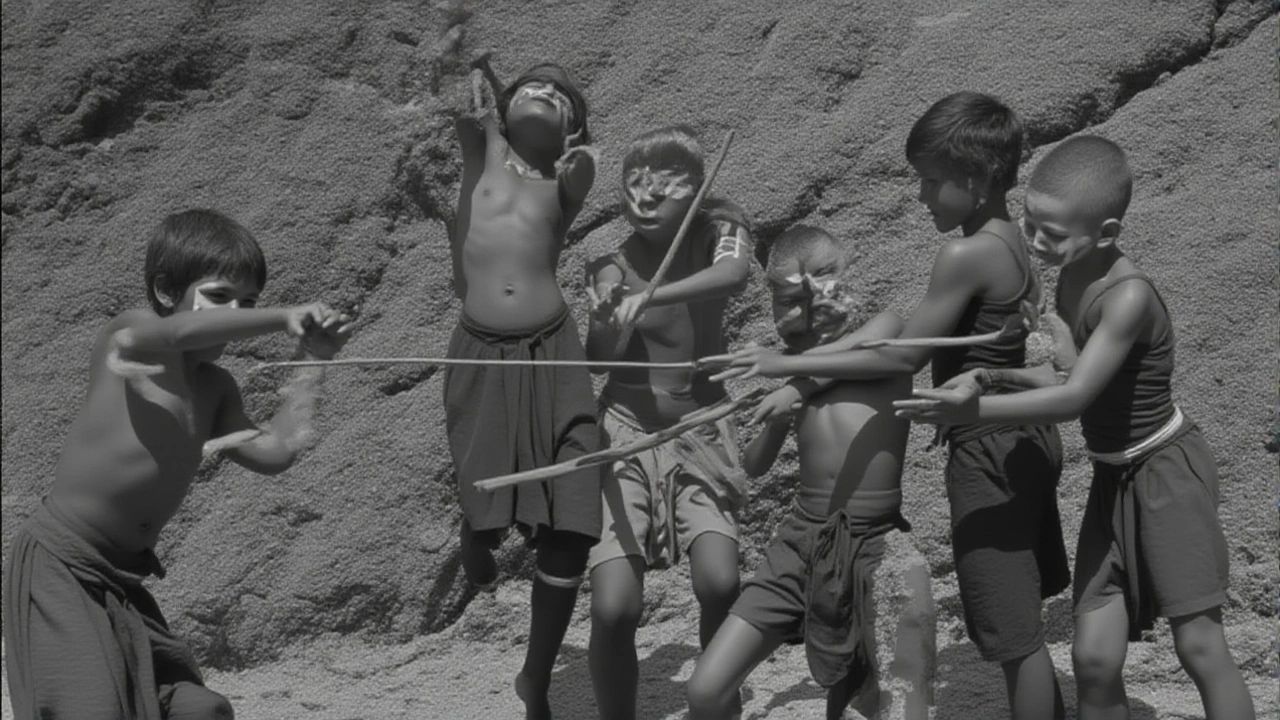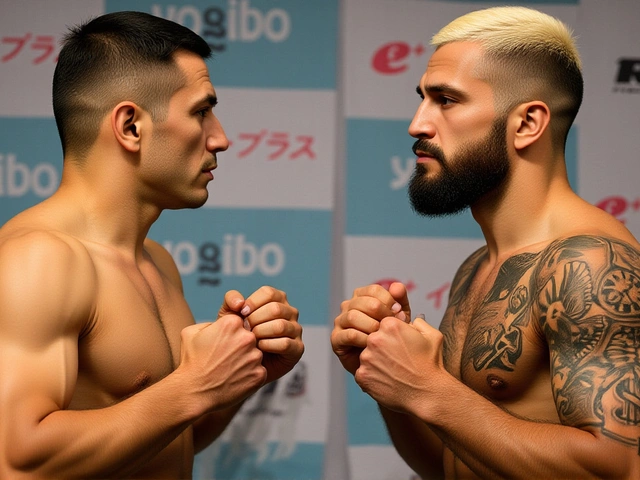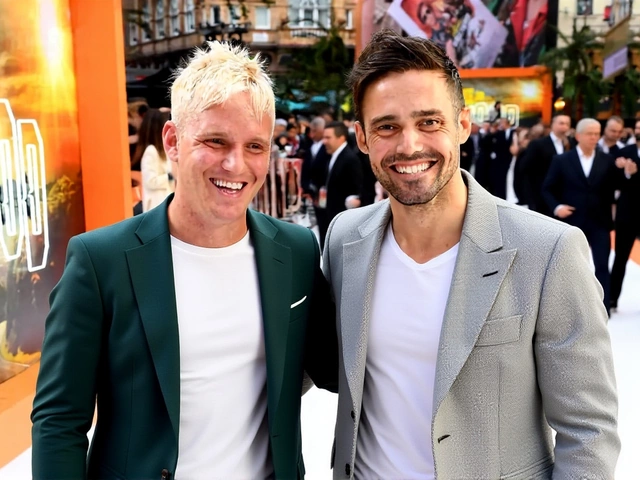What if everything you thought you knew about human nature is wrong? That’s the question Rutger Bregman forces readers to confront in his 2020 international bestseller, Humankind: A Hopeful History. Published on by Little, Brown and Company, the 480-page hardcover (ISBN 978-0-316-41853-9) didn’t just top the New York Times bestseller list—it cracked open a centuries-old assumption that has shaped politics, economics, and even education: that humans are fundamentally selfish. The twist? Bregman, a Dutch historian and public intellectual, argues the opposite. We’re wired for kindness. And that changes everything.
The Myth That Built the Modern World
For over 400 years, Western thought has been anchored in the idea that people are driven by self-interest. From Thomas Hobbes’s "nasty, brutish, and short" view of human life to Steven Pinker’s modern-day interpretations of evolutionary competition, the narrative has been consistent: left unchecked, we descend into chaos. Even in classrooms and corporate boardrooms, this belief manifests—through surveillance, incentives, and distrust. But Bregman calls it a myth. Not just inaccurate, but dangerous. "When you assume people are selfish," he writes, "you design systems that bring out the worst in them."History’s Hidden Stories of Cooperation
The book’s power lies in its evidence—not abstract theory, but real people in real moments of crisis. Take the 1965 incident on the island of Tonga, where six teenage boys survived 15 months shipwrecked after their boat capsized. No adults. No rules. No violence. Instead, they built shelters, shared food, and maintained peace. Their story, often buried in archives, is the true Lord of the Flies—and it contradicts every textbook example of human brutality. Then there’s London during the Blitz. While officials feared mass panic after German bombings, citizens formed neighborhood watch groups, opened their homes to strangers, and stood in line for hours to help others get food. The government’s worst-case planning? It never happened.Even the infamous Stanford Prison Experiment falls apart under scrutiny. Bregman reveals how psychologist Philip Zimbardo coached participants to act cruelly, ignored ethical violations, and suppressed data showing many guards refused to abuse prisoners. The experiment didn’t prove human cruelty—it proved how easily researchers can manufacture it.
Apartheid, Brothers, and the Power of Trust
One of the most moving examples comes from South Africa. Two twin brothers, one a staunch apartheid supporter, the other a jailed ANC activist, somehow found common ground. Through secret letters and quiet diplomacy, they helped broker the release of Nelson Mandela and eased tensions during the country’s most volatile years. Their story isn’t about heroism. It’s about the quiet, persistent trust that exists even in the most divided societies.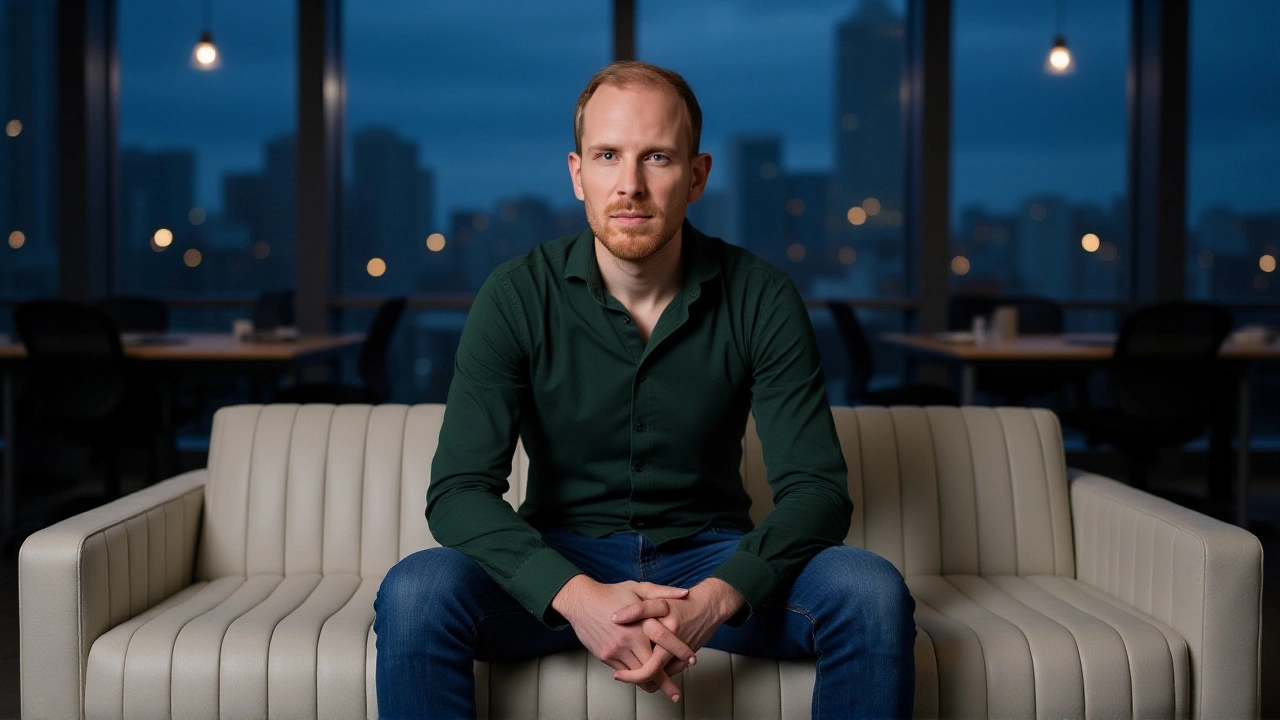
Why This Matters Now
Bregman doesn’t write for historians. He writes for us—during a pandemic, political fractures, and climate panic. When Columbia, Missouri librarian Noah Chinn picked up the book in spring 2020, he was searching for hope. "Even if psychology isn’t your thing," he wrote in his review, "I’d recommend it for anyone interested in learning more about human nature." And that’s the point. Our institutions—schools, courts, welfare systems—are built on suspicion. Bregman suggests a radical alternative: design systems around trust. In one study, a Dutch unemployment office stopped requiring job seekers to prove they were looking for work. Result? Applications dropped, but employment rates rose. Why? Because people responded to being trusted.The Documentary and the Movement
The impact has been swift. According to The Lavin Agency, which represents Bregman as a speaker, Humankind is being adapted into a major documentary series. Comedian Trevor Noah told Bregman directly: "You’re a superstar." Meanwhile, The New Yorker called it "lively," Forbes "convincing," and The Times of London "a masterly work of intellectual provocation." The book has sold over 2 million copies worldwide and been translated into 47 languages.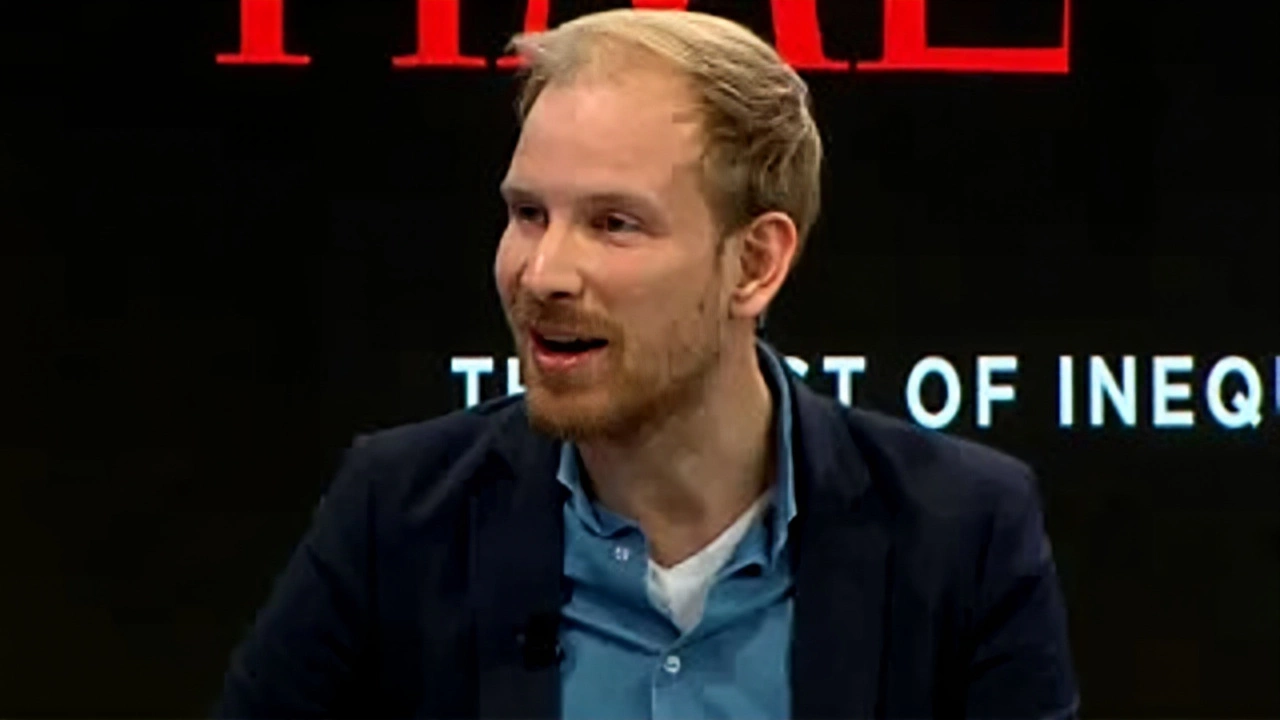
What’s Next for Human Nature?
Bregman’s next frontier? Education. He’s working with schools in Finland and Canada to pilot curricula based on cooperation rather than competition. Early results show reduced bullying and higher student engagement. Governments in the Netherlands and New Zealand are exploring policy shifts toward "trust-based welfare," ditching intrusive audits in favor of unconditional support. The science is clear: when people feel trusted, they act responsibly. When they’re treated like suspects, they often become one.It’s not naive optimism. It’s data-backed realism. Bregman doesn’t ignore human cruelty—he just refuses to let it define us. After 200,000 years of survival, our greatest strength wasn’t our weapons or our tools. It was our ability to care for each other—even when no one was watching.
Frequently Asked Questions
How does 'Humankind' challenge traditional views of human nature?
Rutger Bregman dismantles the long-standing belief, from Hobbes to Pinker, that humans are inherently selfish. Instead, he presents 200,000 years of anthropological, psychological, and historical evidence showing that cooperation, trust, and altruism have been key to our survival. Case studies like the Tongan shipwreck survivors and wartime Londoners reveal people act better under crisis than theory predicts.
What real-world examples does Bregman use to support his argument?
Bregman cites the 1965 Tongan teen shipwreck (no violence, all cooperation), the London Blitz (mass solidarity, not panic), the flawed Stanford Prison Experiment (researcher bias), and the twin brothers who helped free Nelson Mandela. He also references Dutch unemployment reforms where trust increased job-seeking behavior, proving that belief in goodness yields better outcomes than control.
Why is this book relevant today?
Published in 2020 amid global crises, the book counters rising cynicism in politics and media. Bregman argues that systems built on distrust—surveillance, punitive welfare, competitive education—actually worsen social problems. Embracing our cooperative nature could reduce inequality, improve mental health, and rebuild public trust in institutions.
Has 'Humankind' influenced policy or education?
Yes. Schools in Finland and Canada are testing cooperation-based curricula, replacing grades with peer collaboration. The Netherlands and New Zealand have piloted trust-based welfare programs, eliminating intrusive job-seeking audits. These initiatives show measurable improvements in engagement and outcomes, validating Bregman’s claim that belief in human goodness is a self-fulfilling prophecy.
What’s the connection between 'Humankind' and Bregman’s earlier book, 'Utopia for Realists'?
Both books challenge entrenched systems by proposing radical but evidence-based alternatives. 'Utopia for Realists' argued for universal basic income and a 15-hour workweek; 'Humankind' provides the psychological foundation: people are capable of fairness and cooperation when given the chance. Together, they form a blueprint for reimagining society—not through force, but through faith in human nature.
Is there a documentary adaptation of 'Humankind'?
Yes. According to The Lavin Agency, which represents Bregman, a major documentary series based on the book is in development. It will feature interviews with historians, psychologists, and real-life examples from the book—including the Tongan teens and the South African twins—bringing the science of kindness to a global audience.
